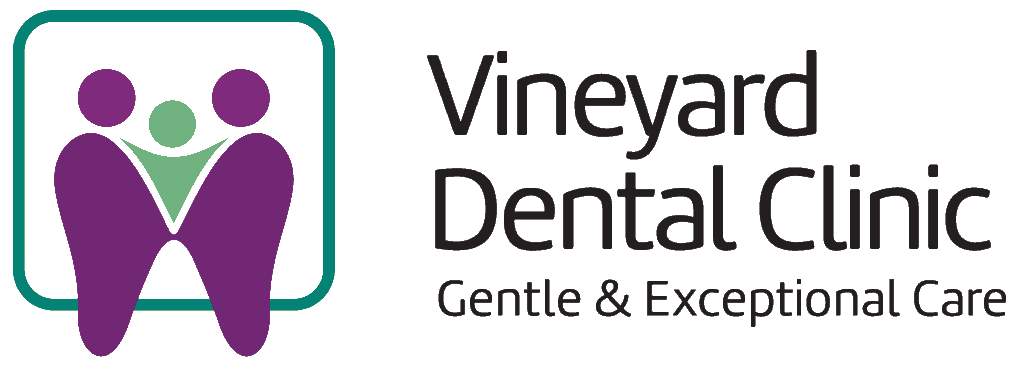After oral surgery, patients require specific dietary guidelines to aid their healing journey and minimise the risk of complications. Proper post-operative care, including adhering to advised dietary restrictions, plays a pivotal role in ensuring the success of the dental procedure and the patient’s overall well-being.
Following a tooth extraction, patients are often advised to consume soft foods that are easy to chew and swallow. This advice is designed to prevent unnecessary strain on the surgical site, allowing for optimal healing. Additionally, avoiding certain foods, such as hard, crunchy, or spicy items, can help reduce the chances of post-operative complications like infections or blood clot dislodging, which is essential for proper healing.
Risks of Dairy Products in Post-Extraction Healing
Dairy products present specific risks in post-extraction healing due to their potential to interfere with natural recovery through factors such as bacterial growth, mucus production, and lactose content. Bacterial growth can be stimulated by the proteins present in dairy, leading to potential infections in the healing socket. Moreover, dairy can increase mucus production, which might impede proper healing by creating a barrier between the wound and the oral environment. Lactose, a sugar found in dairy, can also be problematic as it may promote bacterial growth and inflammation in the sensitive post-extraction site.
Therefore, avoiding dairy post-extraction minimises these risks and supports optimal healing. Understanding the dairy risks in dental care is crucial for individuals undergoing tooth extraction to ensure a smooth recovery process.
By recognising why no milk after extraction is advised, individuals can take proactive steps to promote healing and prevent complications associated with dairy consumption during this critical healing period.
Problematic Dairy Interactions with Wound Sites
Problematic interactions between dairy products and wound sites can significantly impact the healing process, potentially leading to complications such as infection, irritation, and the risk of developing a dry socket. Dairy products contain casein, a protein that can promote the growth of bacteria at the wound site, increasing the risk of infection. Additionally, consuming dairy after tooth extraction can contribute to wound irritation and delay healing.
Moreover, dairy consumption poses a risk of clot dislodgement, which is crucial for proper healing post-extraction. Dislodged clots can expose the underlying nerves and bones, potentially leading to a dry socket, a painful condition in which the bone is exposed in the socket. This complication causes discomfort and increases the chances of infection due to the open wound.
To mitigate these risks, avoiding dairy products immediately after tooth extraction is advisable to promote optimal healing and reduce the likelihood of complications such as infection, irritation, and dry socket.
Dairy and Increased Mucus Production
Increased mucus from dairy consumption can affect oral wound healing and bacterial colonisation. Dairy has been linked to increased mucus production, particularly in individuals sensitive to lactose or casein.
The excess mucus can create a barrier that obstructs the healing process of oral wounds by impeding the natural regeneration of tissues. Moreover, the presence of additional mucus provides a favourable environment for bacterial colonisation, potentially leading to infections in the mouth. This is concerning as bacterial habitat within the oral cavity can exacerbate complications post-tooth extraction.
The respiratory effects of heightened mucus production can further complicate matters by affecting oral hygiene and increasing the risk of contamination in the mucosal secretions. Therefore, minimising dairy consumption during the post-tooth extraction recovery period could be beneficial in maintaining a healthier mouth environment and supporting optimal wound healing without the interference of excessive mucus production.
Practical Advice and Dairy Alternatives
In crafting a post-tooth extraction dietary plan, nutritious alternatives to dairy that support optimal healing without hindering the recovery process must be considered. Nutrition plays a vital role in the healing journey after a tooth extraction.
Opting for non-irritating dairy-free alternatives can aid in a smoother recovery process. When planning a dairy-free diet post-tooth extraction, incorporating fortified juices can provide essential vitamins and minerals necessary for healing. Soy products like tofu, soy milk, and yogurt are excellent sources of protein that can promote tissue repair. These alternatives support healing and maintain a balanced diet during recovery.
Additionally, almond milk can be a soothing, dairy-free option to keep you hydrated and nourished. By focusing on these dairy alternatives, you can ensure a well-rounded and nutritious diet that aids in the recovery process post-tooth extraction.
Key Takeaways
Attention to diet and dairy alternatives following a tooth extraction is vital for a successful recovery. Prioritising nutrition and opting for soft, easily chewable foods can support healing and reduce the risk of complications.
For personalised advice and further guidance on post-tooth extraction care, contact Vineyard Dental in Sunbury, VIC 3429. Your oral health matters, and making the right dietary choices can significantly impact your recovery journey.

